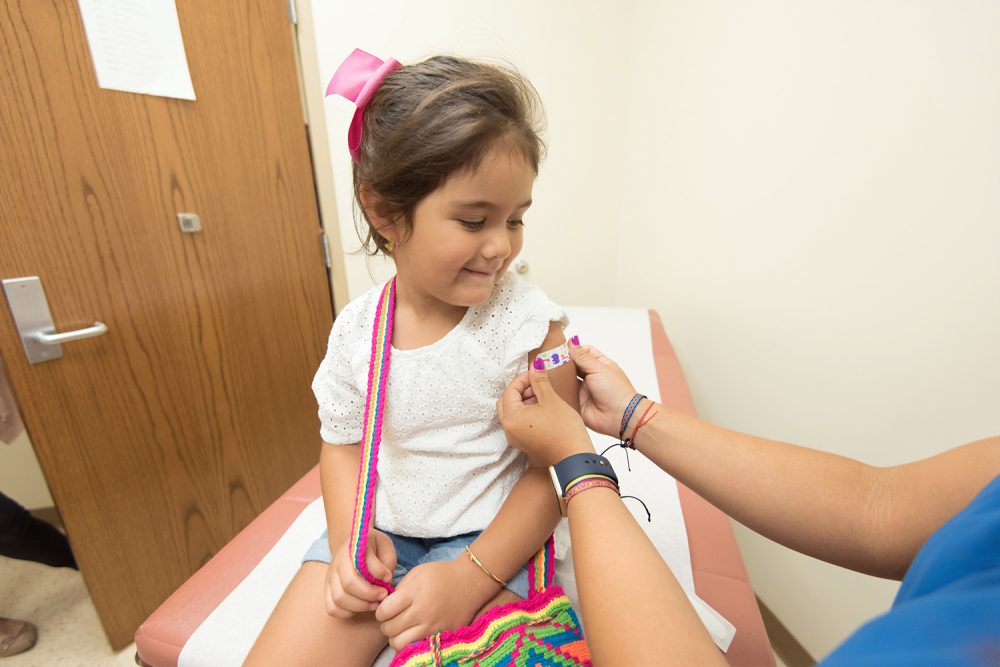Medical decisions for children: what if parents disagree?
 Disputes between parents when making decisions with long-term impacts on a child is a contentious and escalating issue in Family Law. It may also be unsurprising that a common topic of such disputes is in relation to any non-emergency medical intervention on the child, such as vaccinations, gender dysphoria treatments, cosmetic procedures, and voluntary surgeries.
Disputes between parents when making decisions with long-term impacts on a child is a contentious and escalating issue in Family Law. It may also be unsurprising that a common topic of such disputes is in relation to any non-emergency medical intervention on the child, such as vaccinations, gender dysphoria treatments, cosmetic procedures, and voluntary surgeries.
Shared parental responsibility – Family Law Act 1975
At the forefront of any decision in relation to a child is the presumption of shared parental responsibility. In accordance with the Family Law Act 1975 (Cth) (“the Act”), this means that both parents of a child are bestowed all duties, powers, responsibilities and authority to make major long-term decisions until that child turns 18, unless the Court determines otherwise. This includes decisions regarding a child’s health, and non-emergency medical intervention.
But what happens if a disagreement between parents ensues on decisions relating to the child’s health?
If parents cannot agree on their position, an application may need to be made to the Federal Circuit and Family Court of Australia. In accordance with section 67ZC of the Act, the Court has the power to make an Order they think proper in relation to the welfare of the child, and exercise its jurisdiction to resolve the dispute. In deciding whether to make such an Order to facilitate or prevent treatment, the Court’s paramount consideration is what is in the best interests of the child. To determine this, the Court will consider specialist medical advice, alongside factors including:
- the child’s age;
- the child’s opinion (depending on their age);
- the nature of any condition and treatment;
- any restrictions on quality of life, travel or activities;
- any available and suitable alternatives; and
- any physical, social and psychological impacts on the child.
How does the Court determine the child’s best interests?
Case law has illustrated that the Court determines the child’s best interests in these matters on a strictly case by case basis, taking into consideration the specific child and tailored medical advice. Nonetheless, the Court has shown a particular consistency in ordering medical intervention in matters of public health, noting the Court to date is yet to decide against a child receiving the COVID-19 vaccination.
Ultimately, to resolve disputes between parents, the Court does have the power to make an Order for non-emergency medical intervention if they determine it is in the child’s best interests.
Get in touch
To discuss medical decisions for children or any other family law issue, please call our team of experienced and caring family lawyers on 08 8212 1077.
We can help guide you through the confusion separation, divorce or children’s issues can often bring, and onto a path of clarity, wellbeing and a fresh start.
Find out more about children’s arrangements here.